In the 1950s, Japanese trading house executives were the first to settle in Duesseldorf, the state capital of North Rhine-Westphalia (NRW). The growing Japanese community established schools, banks, shops and restaurants, and today nearly 15,000 Japanese nationals call NRW home.
More than 600 Japanese companies have established a presence in the region, employing more than 50,000 people. Located in the heart of Europe, Duesseldorf’s location is a key factor for Japanese investors.
“Japanese companies have enjoyed a strong presence in North Rhine-Westphalia since the 1950s and today, Dusseldorf is known as the ‘Japan town’ of Europe,” said Masayoshi Watanabe, Director General of JETRO Dusseldorf. “While trade between the region and Japan was initially centered around heavy industries and steel manufacturing, in recent years, the biomedical, robotics, and ICT sectors as well as the innovation by startup hubs have become increasingly important and continue to create opportunities for closer collaboration.”
Japan and Germany share fundamental values such as the rule of law, democracy, pluralism and free trade,
Masato Iso, Japanese Consulsate-General in Duesseldorf
“Duesseldorf has the largest conglomeration of international companies in the heart of Europe,” said Gerhard Eschenbaum, deputy executive director and director of the Duesseldorf Chamber of Industry and Commerce’s International Business Division. “Within a 500 km radius of Duesseldorf, companies have access to one-third of the European Union’s population and half of the total EU population’s purchasing power.”
On a national level, government- to-government initiatives have strengthened the relationship between Japan and Germany.
“Japan and Germany share fundamental values such as the rule of law, democracy, pluralism and free trade,” said Consulate-General Masato Iso. “In recent years, both countries have further developed their relationship and are actively working together to address challenges such as protectionist tendencies and the economic and political rise of new global players.”
In February this year, the EU and Japan signed an economic partnership agreement (EPA). The removal of trade barriers is expected to shape the future of global trade and send a message that protectionism has been rejected by two of the world’s largest economies.
“With the EPA agreement we can expect a win-win outcome for both sides,” said Andreas Pinkwart, minister of economic affairs, innovation, digitalization and energy of NRW. “In NRW we have created the infrastructure and ecosystem to accommodate the European headquarters of big companies, as well as Japanese small and midsize enterprises and startup businesses. These companies are entering the European market to strengthen their international presence. German companies are also investing in Japan.”
NRW is paying close attention to the 2020 Tokyo Olympic and Paralympic Games as the state recently unveiled an ambitious 13- city plan to host the 2032 Games. “We are very confident in our 2032 bid as we already have the infrastructure in place, in addition to already having 80 percent of the required venues,” said Pinkwart. “As Japan prepares to host the 2020 Games we hope to learn as much as we can, especially in the area of digital infrastructure. In the coming years we will be working closely with Japan to improve NRW’s digital infrastructure and utilize technologies that enhance real-life interactions between people. With the help of Japan, our goal is to take these technologies to the next level by 2032.”
www.jetro.go.jp
www.duesseldorf.ihk.de
www.dus.emb-japan.go.jp
www.wirtschaft.nr





